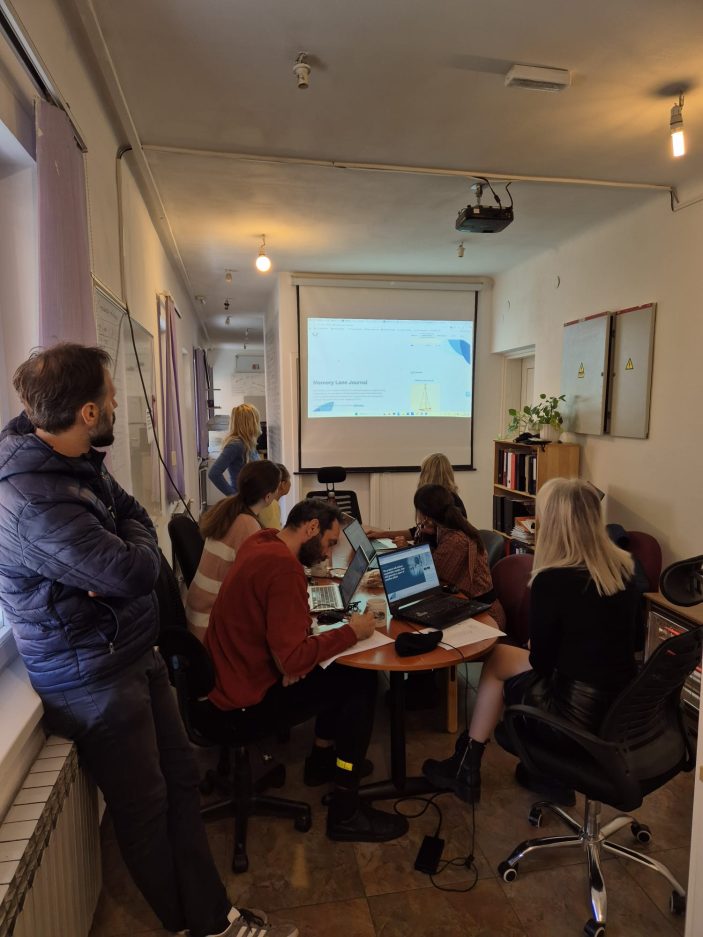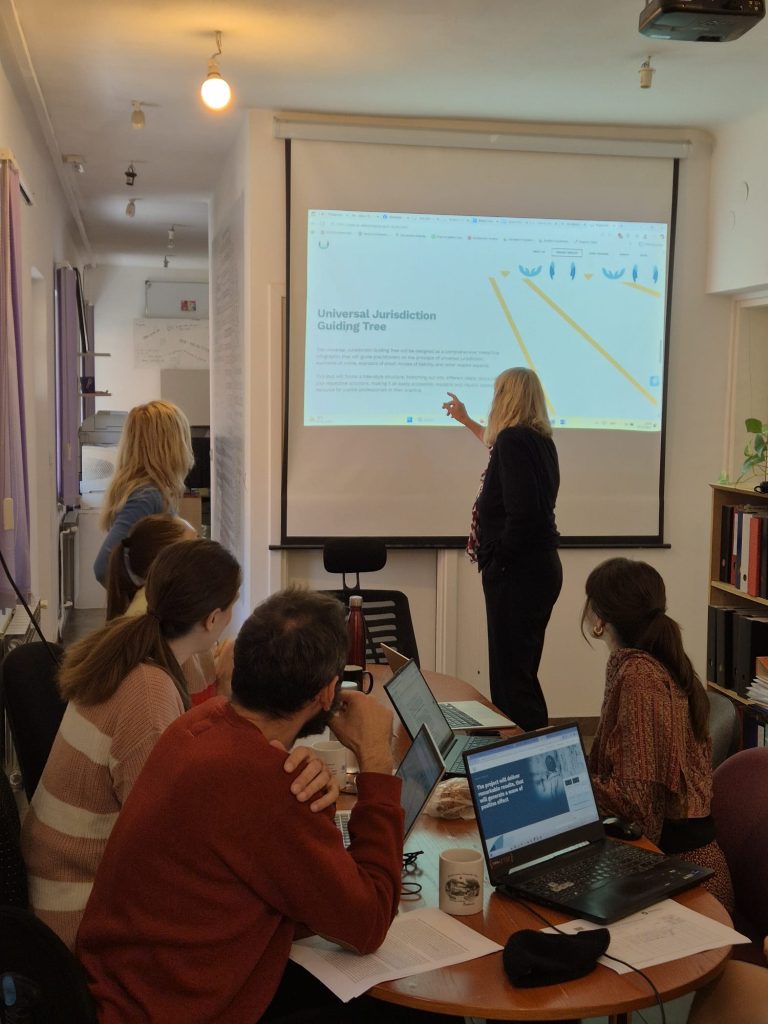National Dissemination Event – ”NO OBLIVION”

On 6 October 2025, Documenta – Center for Dealing with the Past organized the National Dissemination Event in Zagreb, marking the final stage of the NO OBLIVION Project in Croatia. The event brought together representatives of civil society, educators, researchers, youth workers, and individuals engaged in remembrance and transitional justice processes. In total, 14 participants attended, creating an intimate and engaged atmosphere that allowed for meaningful discussion and exchange.
During the event, Documenta presented the main achievements of the NO OBLIVION Project, implemented over the past two years in cooperation with partner organizations across Europe. The presentation emphasized the importance of promoting remembrance as a tool for building social cohesion and strengthening democratic values. Participants revisited the core project activities, including workshops, educational modules, and creative initiatives that have encouraged dialogue about dealing with the past among young people and local communities.
A particular focus was given to the festival “NO OBLIVION / Protiv zaborava”, which took place in Zagreb in April 2025. The festival represented one of the project’s central public outreach activities in Croatia and served as a platform for promoting art, memory, and civic engagement. Through a series of public discussions, film screenings, exhibitions, and performances, the festival brought together survivors, artists, historians, and activists, offering diverse perspectives on remembrance and its significance for contemporary society. The experience of the festival was highlighted as a powerful example of how cultural and artistic expression can strengthen collective memory and foster dialogue between generations.
At the dissemination event, participants were introduced to the project’s main results and resources including educational materials, documentation of good practices, and digital tools developed to support work on memory and dealing with the past. The discussion focused on how these outcomes can continue to be used beyond the project’s lifetime, particularly in the context of formal and non-formal education, local community initiatives, and advocacy work.
An important segment of the event was devoted to sustainability and future cooperation. Participants reflected on possible follow-up activities and ways to integrate project methodologies into ongoing programs of Documenta and partner organizations. The conversation also touched on the broader relevance of the project’s themes in the current socio-political context, emphasizing the need for continuous engagement in protecting historical truth, human rights, and the dignity of victims.
Throughout the meeting, the NO OBLIVION Project was presented not only as a completed initiative but as a living framework for further action—a reminder that remembrance is not an end in itself, but a process that must be nurtured through education, dialogue, and active citizenship.
Supported by the European Commission, the NO OBLIVION Project brings together organizations and individuals committed to confronting the past, preventing the distortion of history, and fostering solidarity across borders. By keeping memory alive, it aims to ensure that lessons from the past continue to inform our collective efforts toward justice, empathy, and reconciliation.










